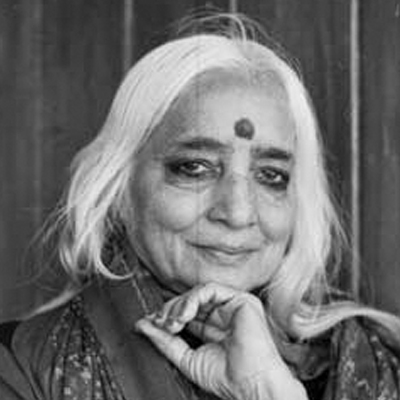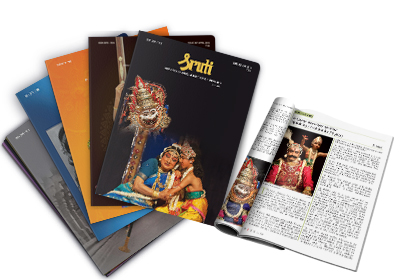
A disciple of Conjeevaram Ellappa Pillai, Chandralekha moved from Gujarat to Chennai in the earlyfifties. A contemporary of Balasaraswati, Rukmini Devi, Mrinalini Sarabhai, Shanta Rao, RamGopal, Bhaskar Roy Chaudhary, Indrani Rahman, Kamala (Lakshman), and Vyjayanthimala, Chandra, as she was known, had a successful career as a solo Bharatanatyam dancer.
To most of her admirers and critics, she was an iconoclast and a rebel in the world of classical dance, regardless of whether they admired her or disapproved of her. Few remembered her beginnings as an orthodox Bharatanatyam dancer.
In the 1960s, she stopped performing Bharatanatyam to become a writer, poet and a human rights activist.
Many of us saw her in her earlier avatar and watched in fascination as she evolved into an original thinker and creator in Indian dance, inventing a new, contemporary idiom, rooted in several synergistic Indian traditions that went beyond dance.
It was when she rejected the devotional elements of dance and explored the potential of the human body through a new stylistics based on rigour and precision, that we sat up and took notice of her. Often dubbed a maverick who fused Bharatanatyam, yoga and Kalaripayattu, she gradually found a devoted band of loyal students, when she moved away from solo performances to produce brilliantly orchestrated group productions that stressed the importance of teamwork. With each new production, more and more controversy surrounded her, as she experimented with form and content. 1985 was a turning point in her life as a choreographer. She started work on Angika, said to be a milestone in the history of Indian dance, in which she first combined Bharatanatyam and Kalaripayattu. Performing at Kalakshetra, she shocked most of the audience unused to ‘modern’ dance, with the explicit if artistic depiction of man-woman relationships.
Her work Sri, on the theme of equal rights for Indian women, was shown in the House of World Cultures in Berlin in 1992 during the India Festival there. Yantra (1995) was, in Chandra’s own words, “a piece about sexuality, sensuality, spirituality and the female principles of our culture.” Chandralekha was a recipient of the Sangeet Natak Akademi Award, the Kalidas Samman, the Italian Gaia Award and the Time Out Dance Umbrella Award of London.
Chandralekha, as we all know, lived life on her own terms, quite impervious to criticism. She often took critics head-on, even ridiculed them with her pungent brand of humour. She did not carry grudges, though, and many were her critics-turned-friends. It seemed she had a great capacity for loving people regardless of creed or gender. She was conferred the sangeet Natak Akademi Fellowship in 2004.


